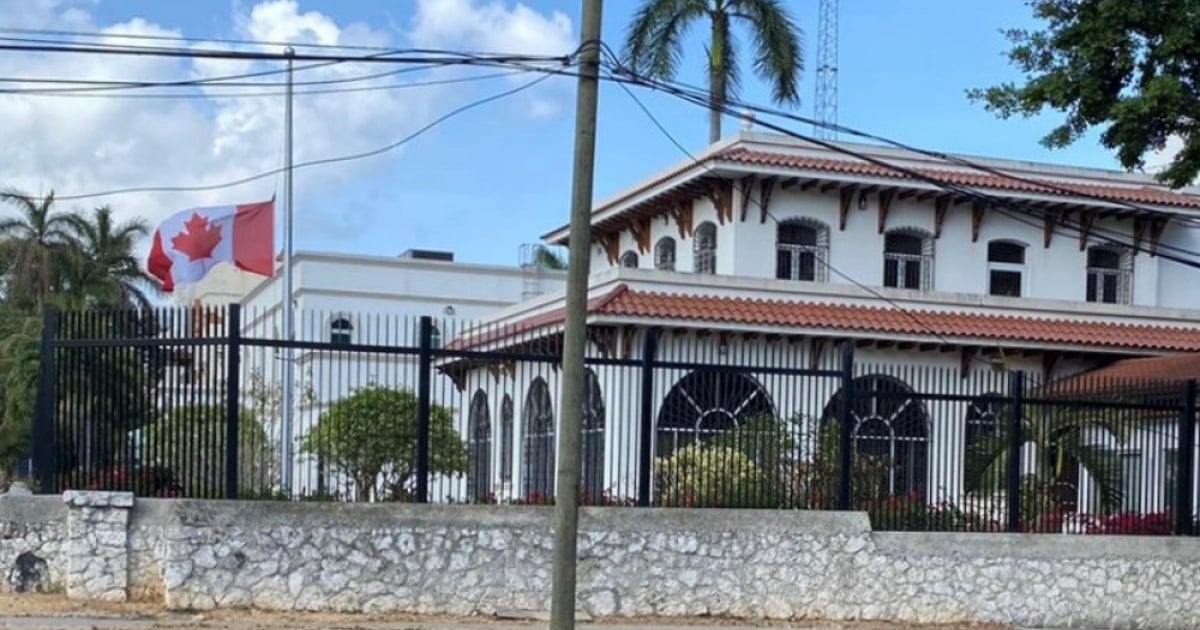
The Canadian government, under the leadership of Prime Minister Justin Trudeau, has announced a significant change in its immigration policy by reducing the admission of new permanent residents. In 2025, the country plans to welcome 395,000 immigrants, a decrease of 21% compared to the nearly 500,000 who had been authorized until now. This decision aims to "slow down population growth," allowing provinces to enhance their healthcare services and housing programs, as stated by Trudeau.
Since the pandemic, Canada has increased its immigration targets to address the labor shortage, but according to Trudeau, "the right balance has not been achieved." Furthermore, support for open immigration policy has declined, with polls reflecting growing concerns among Canadians about the impact of immigration on housing and social services.
As part of the plan, Immigration Minister Marc Miller confirmed a goal of 365,000 new permanent residents by 2027. This measure adds to the previously announced restrictions on the admission of temporary workers and international students, who are now subject to stricter limits. The aim is to ensure that available jobs are first filled by Canadian citizens or permanent residents, prioritizing sectors such as construction and health, which continue to face staffing shortages.
Although immigration has been key to Canada's growth, making it one of the most multicultural countries in the world, this decision marks a shift from decades of open immigration policies. Housing prices, averaging around 700,000 Canadian dollars, and a 22% increase in rents over two years have led many Canadians to question the sustainability of high levels of immigration.
The reduction has also drawn criticism from immigrant rights groups, who argue that the housing and employment crisis is more a result of structural issues and decades of underfunding of public services than the presence of foreigners. These groups contend that immigrants are not responsible for the lack of access to services such as healthcare and education, and they urge Trudeau to reconsider the restrictive approach.
The change in immigration policies also impacts higher education institutions, which fear a reduction in revenue due to the restriction on the number of foreign students, a group that reached 800,000 in 2022. This decision could lead many international students to choose other educational destinations if Canada does not relax its stance.
This adjustment reflects the Canadian government's effort to respond to the growing concerns of its citizens and to seek a balance in its immigration system, a pillar that, according to Trudeau, has been "flexible and responsible" but is now undergoing a thorough review to adapt to current times.
What do you think?
COMMENTFiled under: